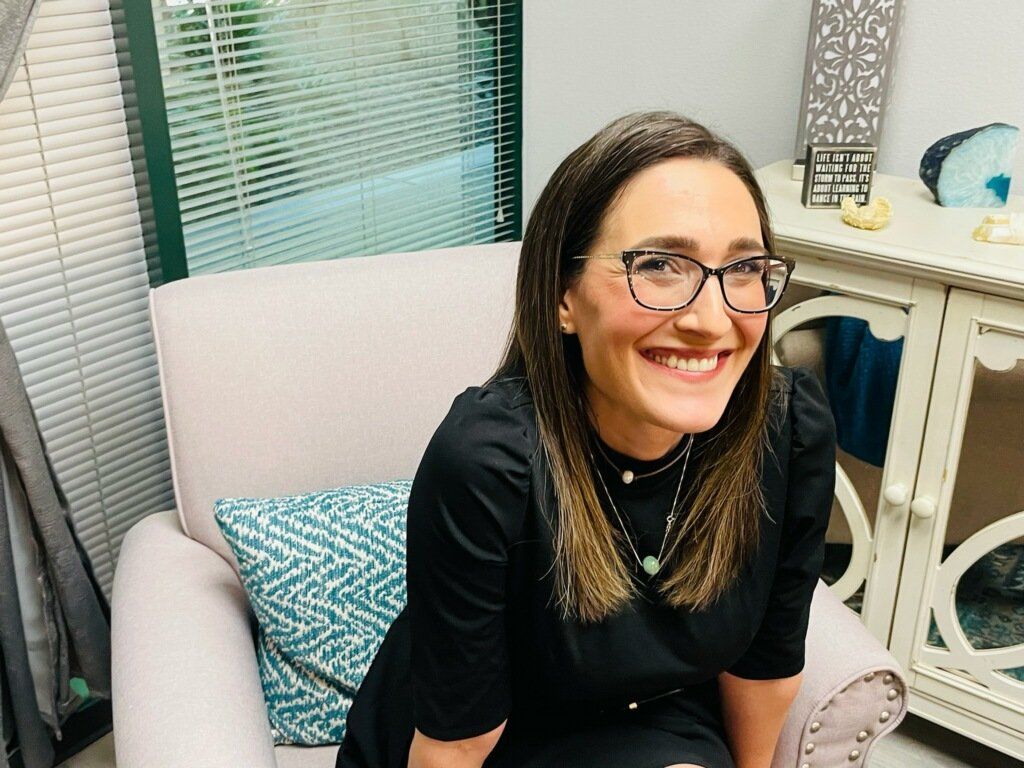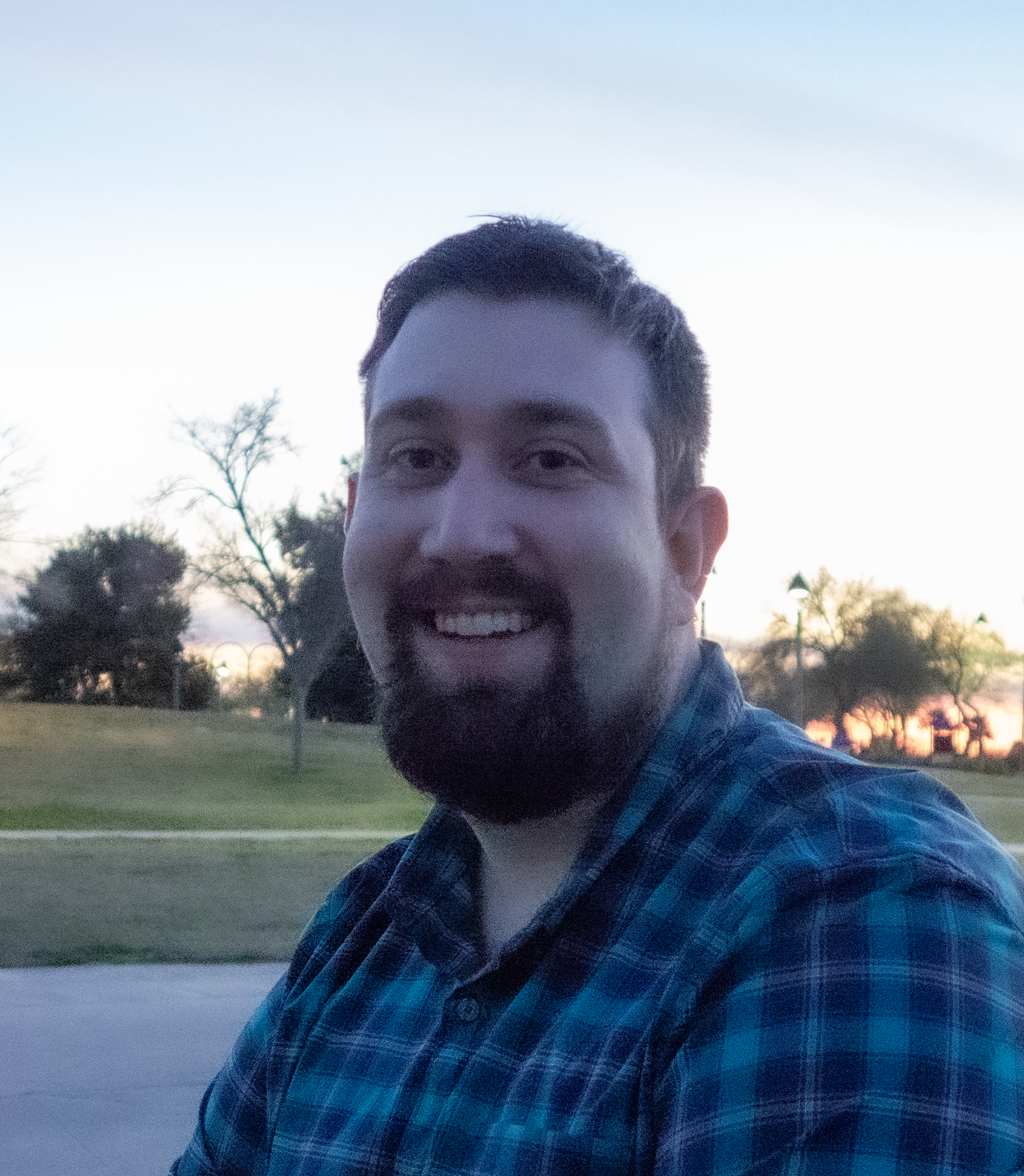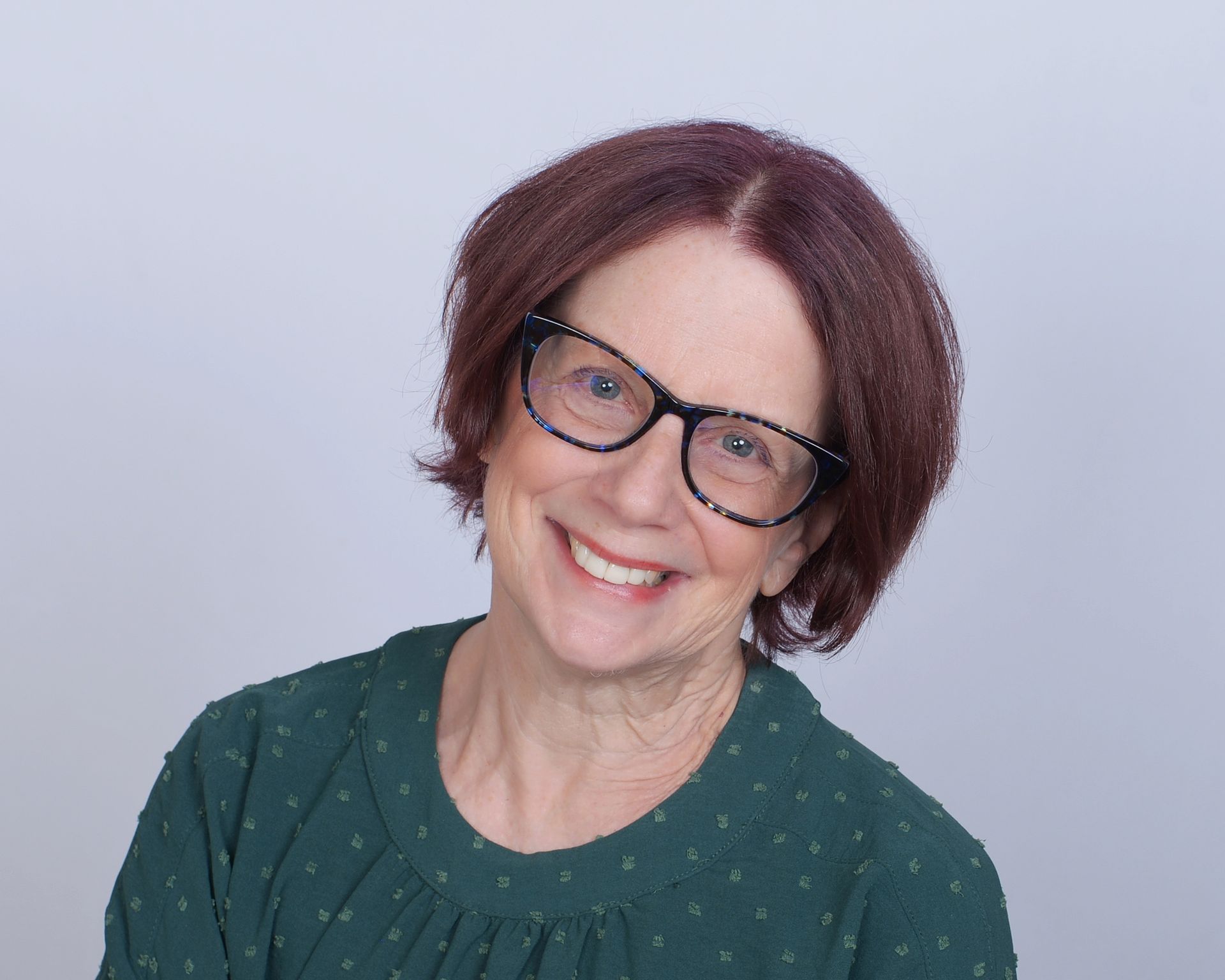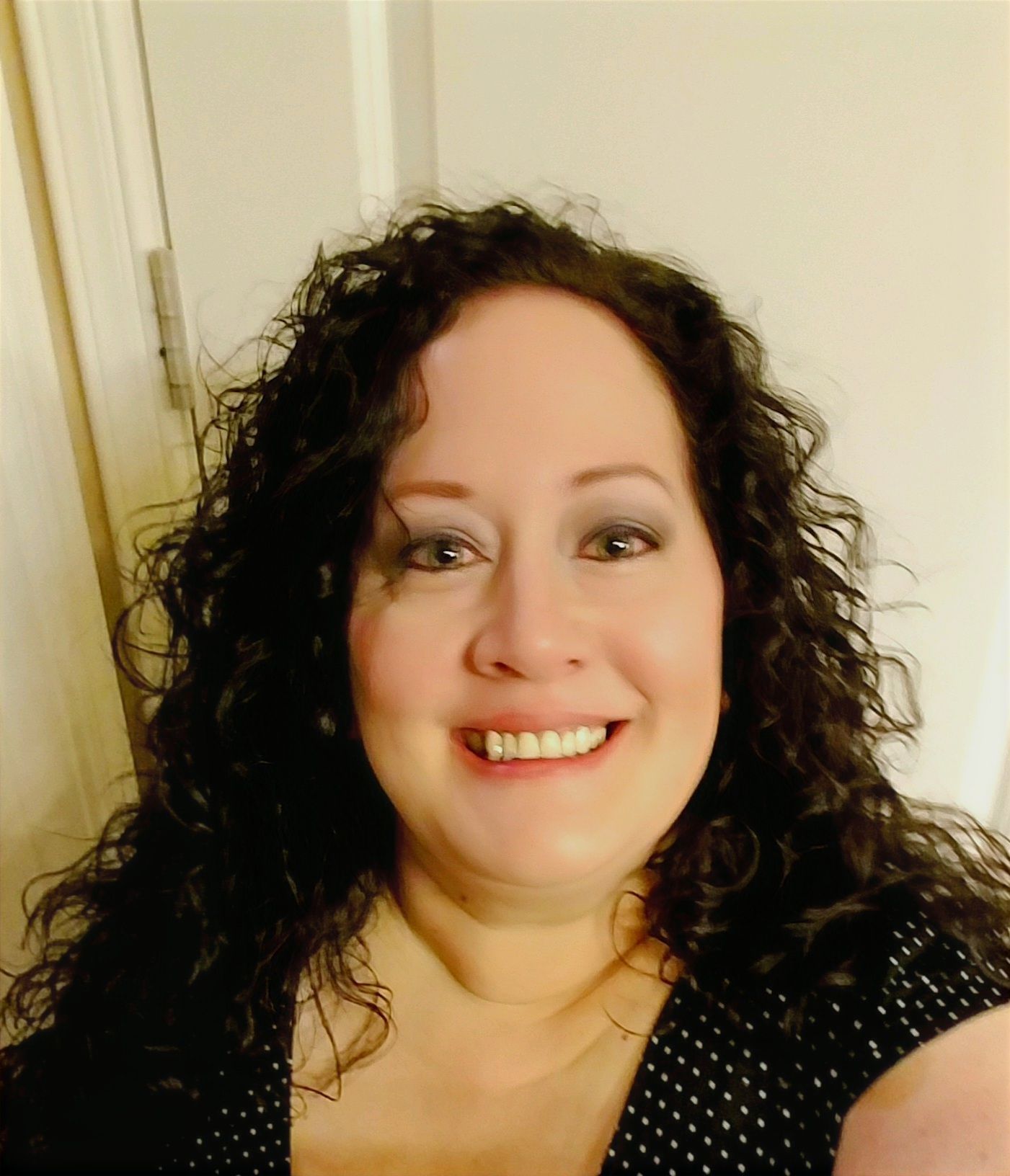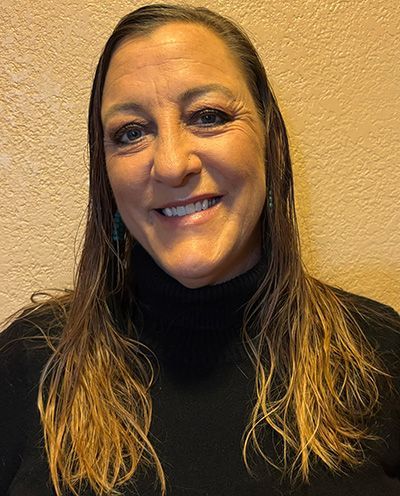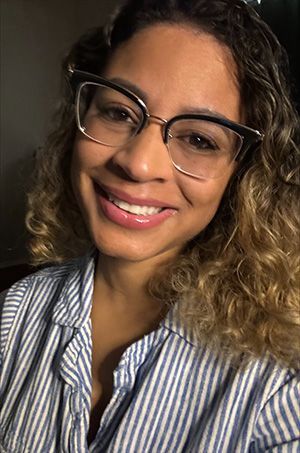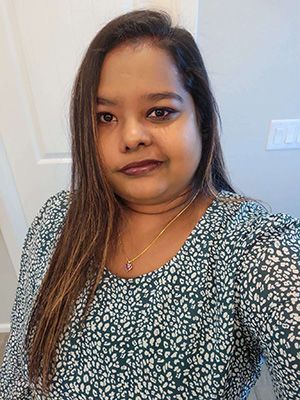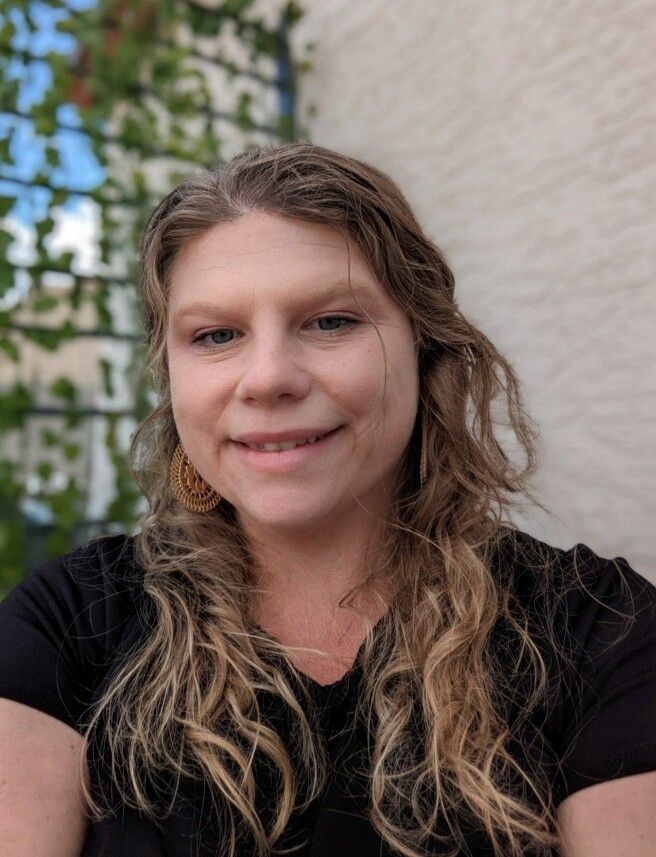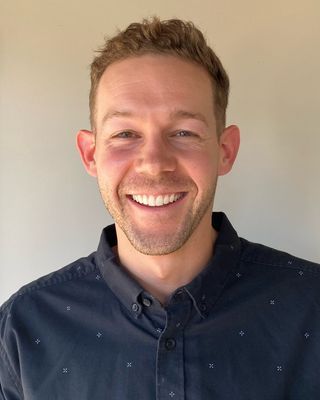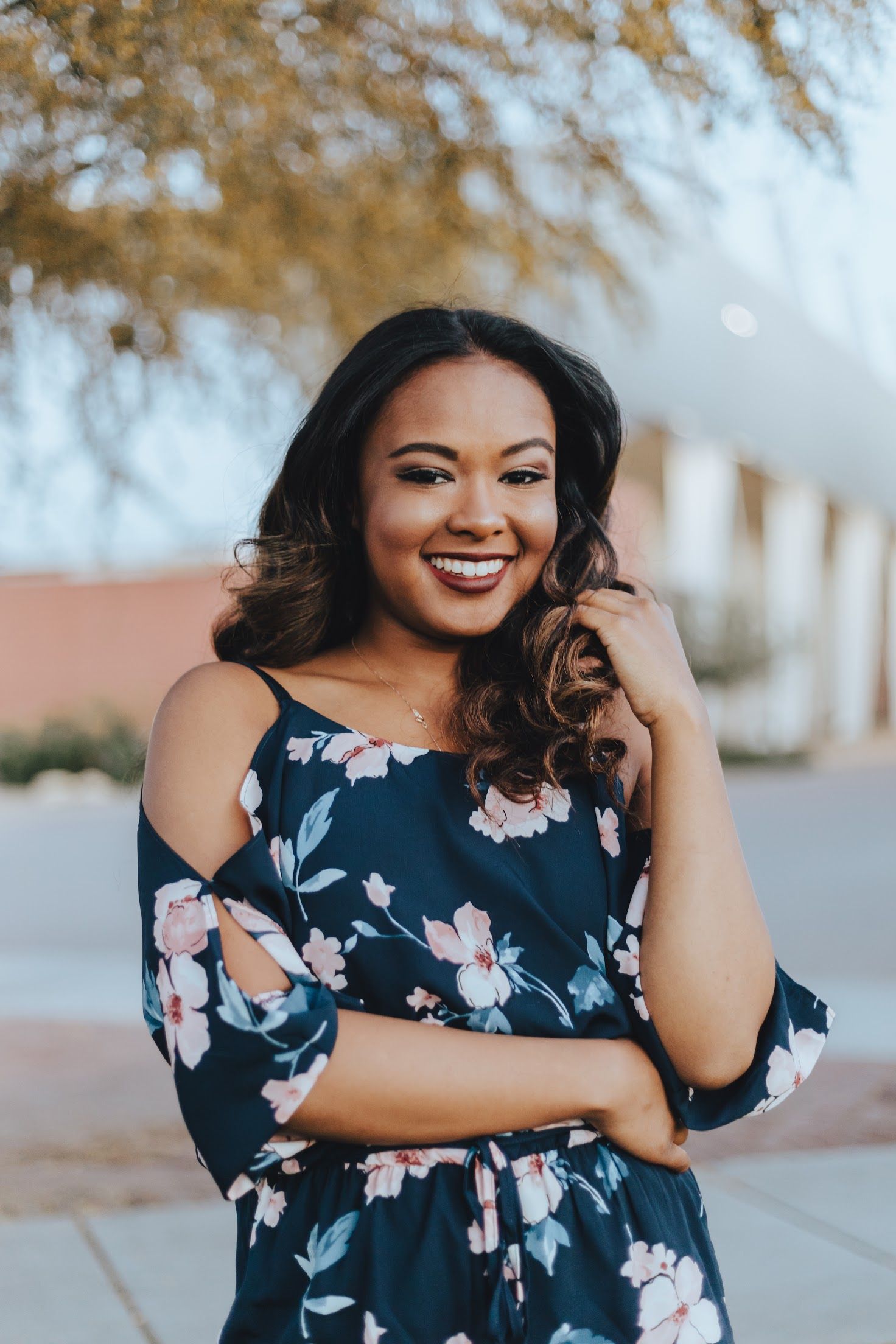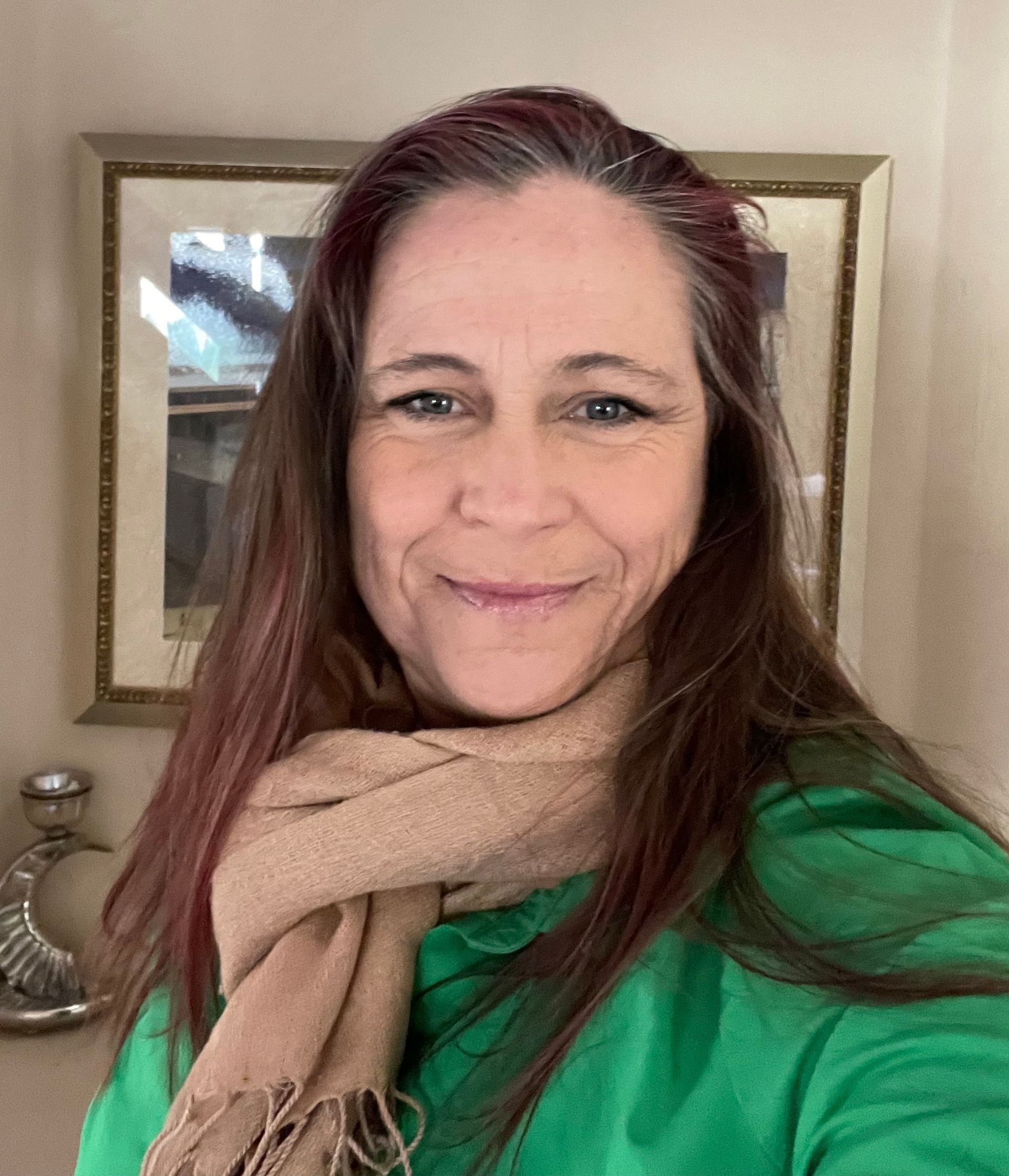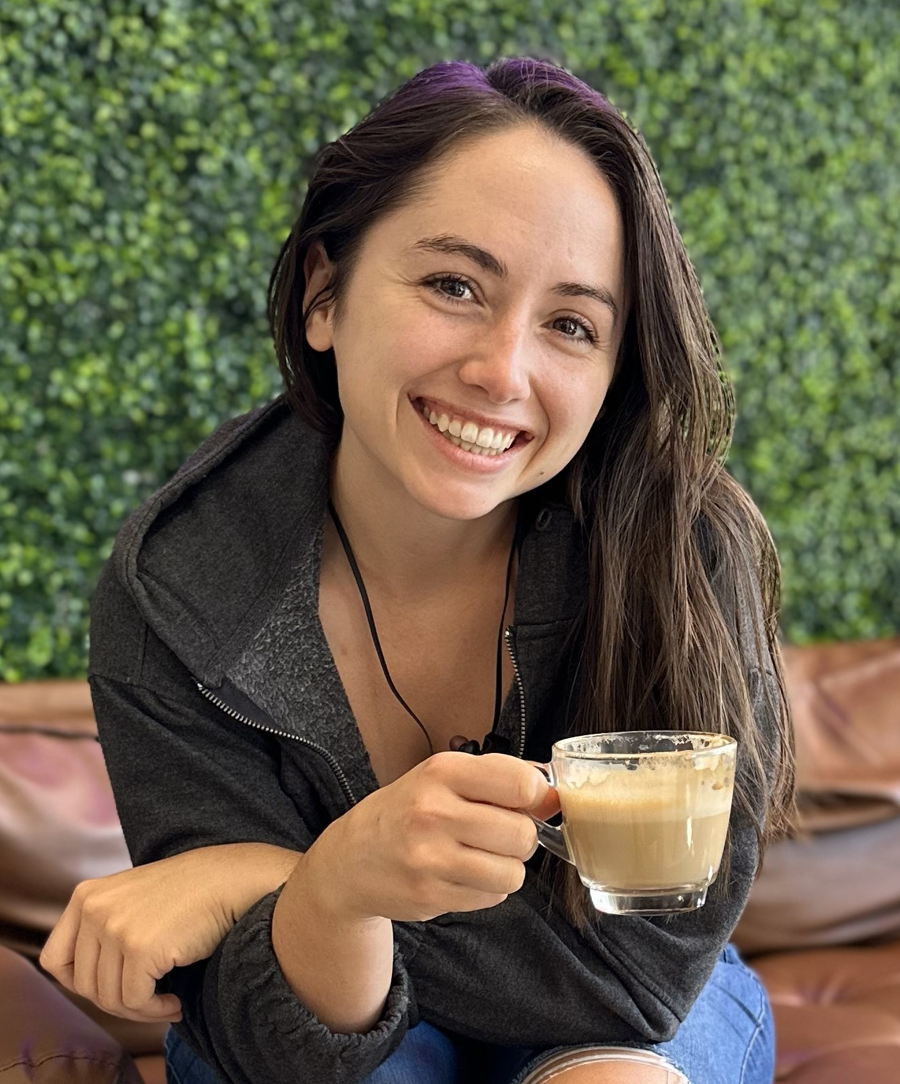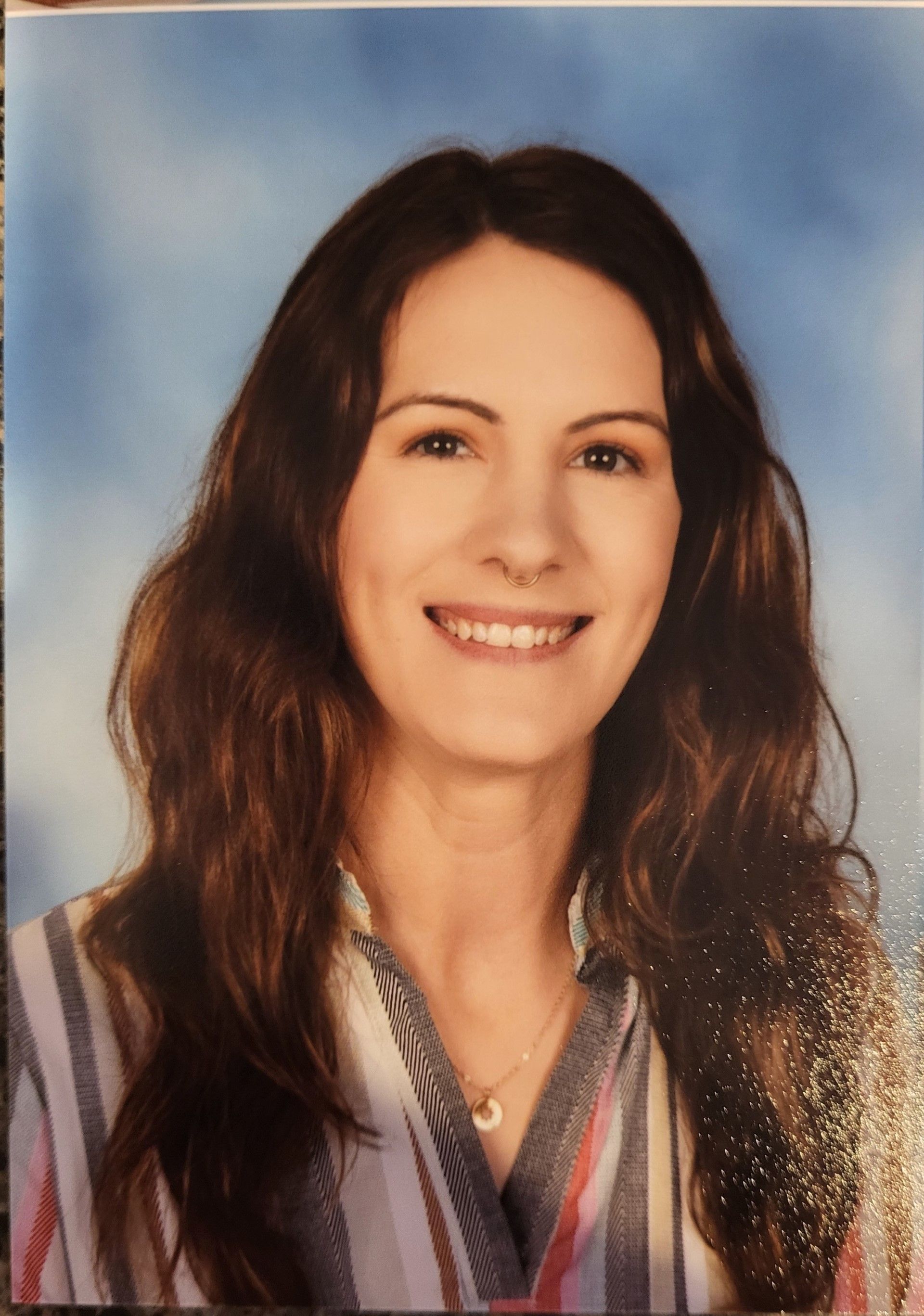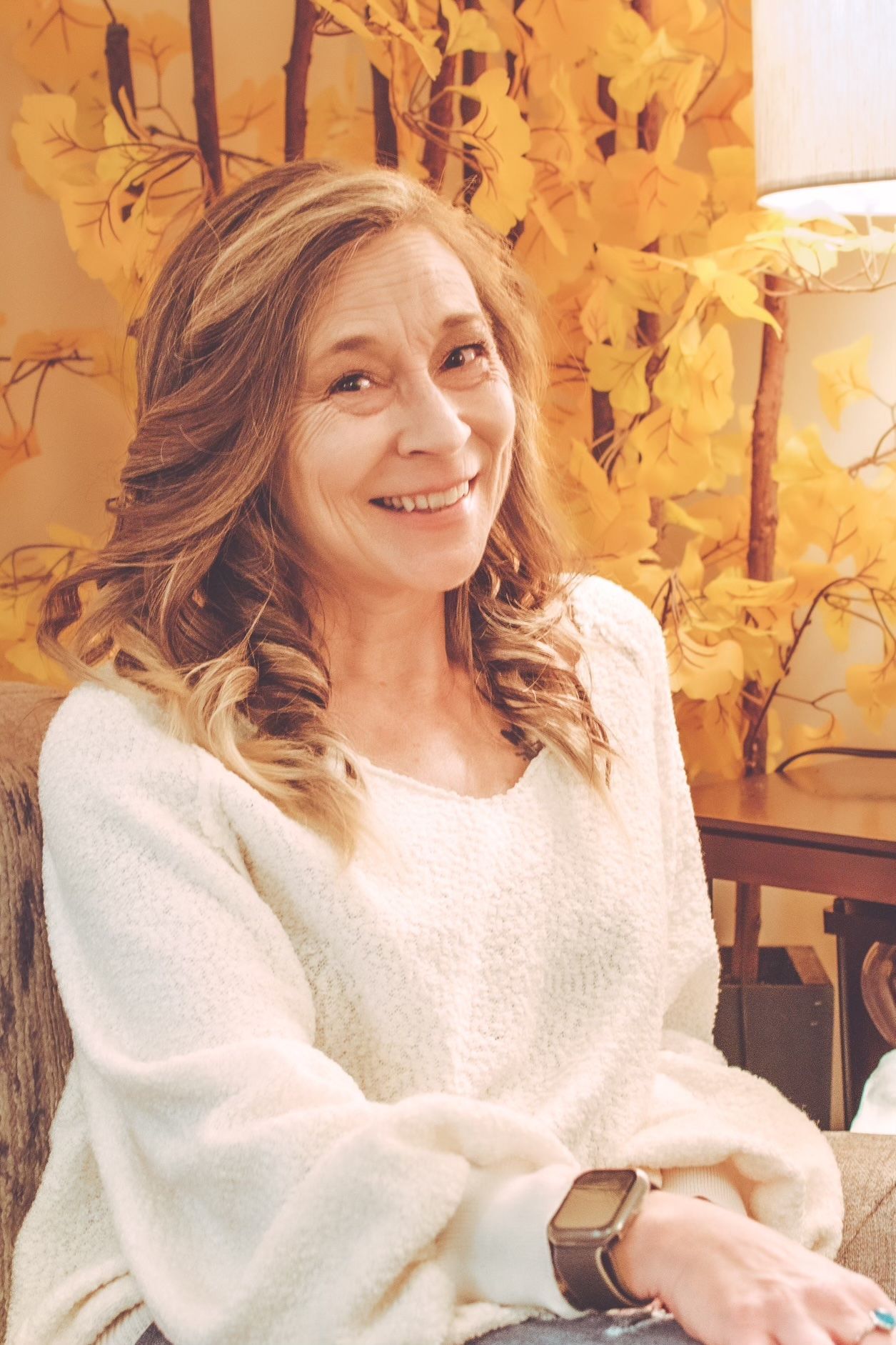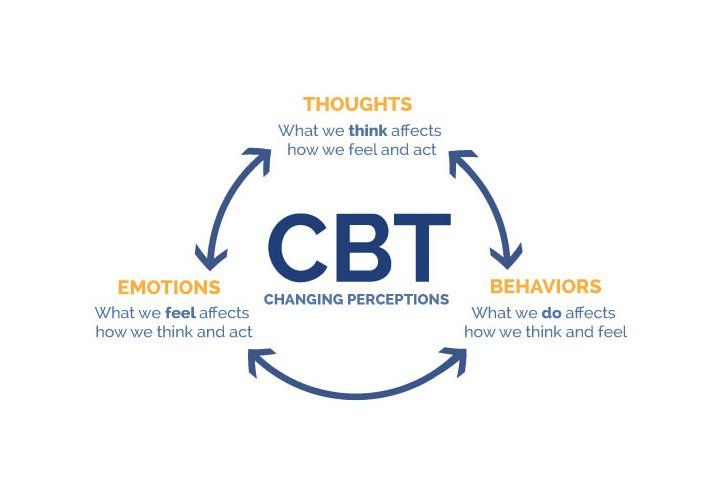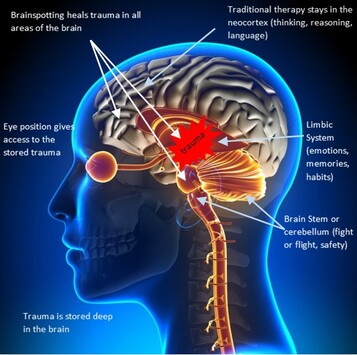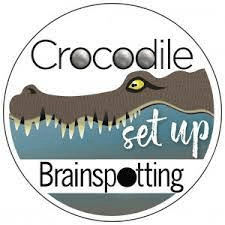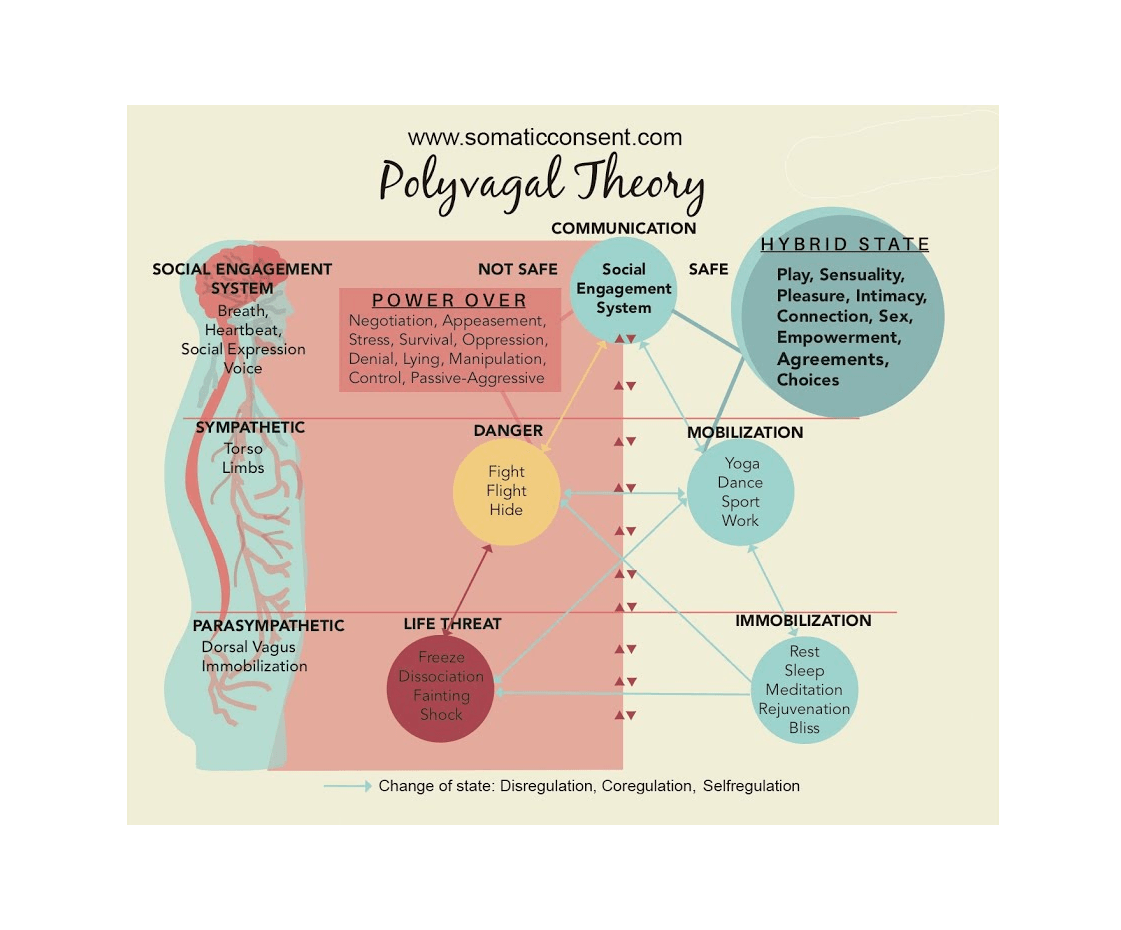Emotional freedom technique (EFT), which people often refer to as EFT tapping, is an alternative therapy for anxiety, post-traumatic stress disorder (PTSD), and some other conditions.
According to the developer of EFT, Gary Craig, tapping on different parts of the body helps balance energy and reduce physical and emotional pain. People can see an EFT practitioner for treatment or treat themselves using this technique.
To use EFT tapping, follow these five steps:
1. Identify the issue
During this step, the person thinks about the problem that they wish to resolve. They should only choose one issue to focus on at a time.
2. Test the initial intensity
A person should rank the intensity of the issue on a scale of 0–10, with 10 being the worst the issue has ever been. This ranking system allows the person to assess the effectiveness of the tapping at the end of the treatment.
3. The setup
Before beginning each round of tapping, the person should decide on a simple reminder phrase to repeat while tapping the karate chop point. This point is at the center of the fleshy part of the outer hand.
The reminder phrase should acknowledge the issue and convey self-acceptance in spite of it. For example, a person might choose to say:
“Even though I have [issue], I deeply and completely accept myself.”
4. The sequence
During this step, the individual taps on specific points on the body while repeating the phrase that they have chosen. If a practitioner is performing the treatment, they will carry out the tapping.
The tapping points, in sequence, are as follows:
- top of the head (TOH) — directly in the center of the top of the head
- beginning of the eyebrow (EB) — the beginning of the brow, just above and to the side of the nose
- side of the eye (SE) — on the bone at the outside corner of the eye
- under the eye (UE) — on the bone under the eye, approximately 1 inch (in) below the pupil
- under the nose (UN) — the point between the nose and upper lip
- chin point (CH) — halfway between the underside of the lower lip and the bottom of the chin
- beginning of the collarbone (CB) — the point where the breastbone (sternum), collarbone, and first rib intersect
- under the arm (UA) — at the side of the body, approximately 4 in below the armpit
- When tapping, use two or more fingertips and repeat the tap approximately five times on each point.
While some points — for example, the EB, SE, and UE — have a “twin point” on the other side of the body, it is only necessary to tap on one side. However, individuals can tap these points on both sides if both of their hands are free.
5. Test the intensity again
Again, rank the intensity of the issue on a scale of 0–10. Ideally, this will have improved. Repeat the process until the intensity reaches 0 or plateaus.


